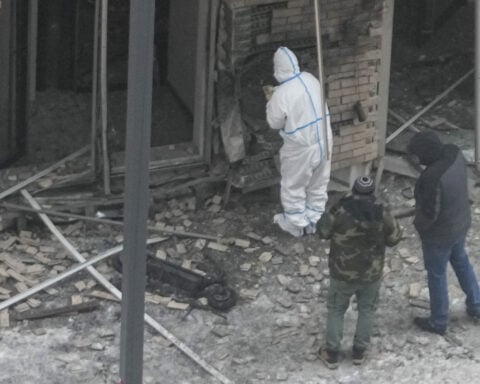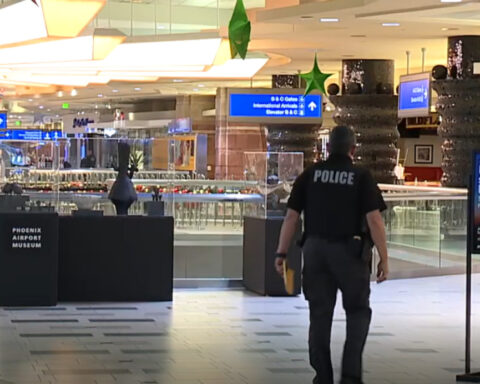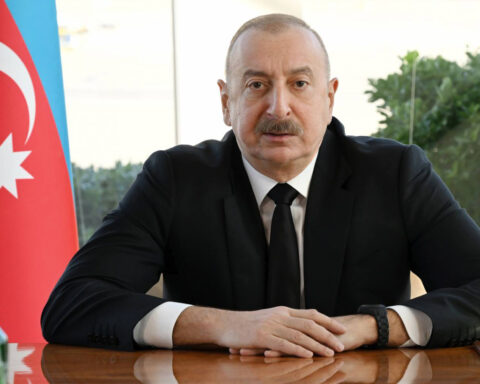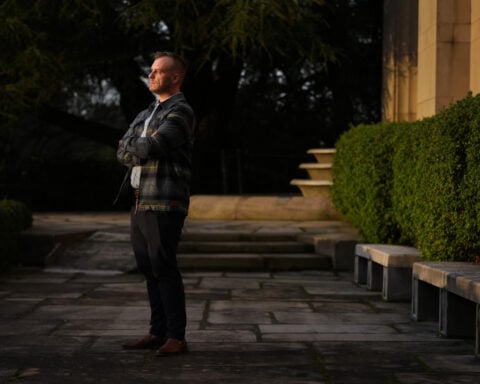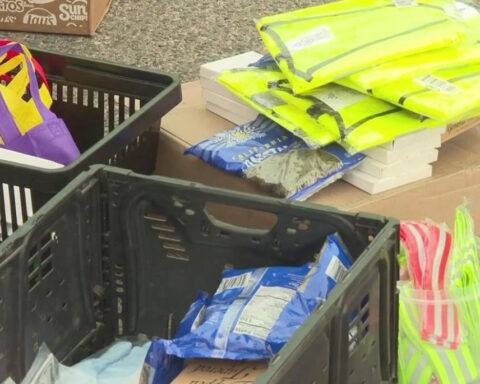It took nearly three decades, but the tragic death of Scott Johnson, whose body was found at the base of North Head cliffs in Manly, Australia, is now understood as a crime, not a suicide. Steve Johnson, Scott’s brother, was the driving force behind this revelation, having dedicated 30 years to prove his brother was murdered.
On December 9, 1988, Bryan Butson, along with his friend Paul Patterson and Patterson's son Stephen, discovered Scott Johnson’s body while spearfishing. The police initially deemed Johnson's death a suicide, a conclusion swiftly endorsed by Constable Troy Hardie and forensic pathologist Dr. Johan Duflou at the time.
Scott Johnson, an academic from California working on his Ph.D. in Sydney, had reportedly called his supervisor shortly before his death to share his progress—a seemingly incongruent detail against the theory of suicide. Johnson's body was found without his clothes, which were neatly folded 10 meters from the cliff edge, a detail his brother Steve found suspicious.
Steve Johnson's quest for justice began with a 50-page document he sent to the police three weeks after Scott's death, challenging the suicide ruling. Over 30 years, Steve persisted, commissioning investigations and rallying media and political support, believing Scott had fallen victim to a gay hate crime, a theory solidified by subsequent evidence and corroborating cases of violence against gay men in Sydney during that time.
In 2017, a crucial break came when an anonymous tip led to Scott White, who was later charged and convicted of manslaughter in 2023. White confessed to striking Scott Johnson, causing him to fall from the cliff.
Steve Johnson’s relentless campaign has drawn a broader investigation into gay hate crimes in New South Wales from the 1970s to 2010, with a 2023 report acknowledging the police's initial failures and recommending further inquiries into similar unsolved cases.
Though Scott White’s sentence was reduced to nine years, eligible for parole in 2026, Steve Johnson remains focused on advocating for justice and recognition for his brother’s case. His dedication underscores the impact of advocacy and persistence in seeking truth and accountability.
Scott Johnson's story is detailed in Steve Johnson's book, "A Thousand Miles From Care," aiming to shed light on systemic issues in handling hate crimes and securing justice for victims and their families.

 Record heat wave killed half of this Alaska bird population, and they aren’t recovering
Record heat wave killed half of this Alaska bird population, and they aren’t recovering
 China's CATL to seek Hong Kong listing
China's CATL to seek Hong Kong listing
 Holiday shoppers increased spending by 3.8% despite higher prices
Holiday shoppers increased spending by 3.8% despite higher prices
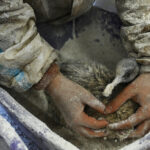 Russia declares federal emergency over Black Sea oil spill
Russia declares federal emergency over Black Sea oil spill
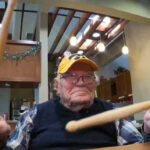 Iowa WWII veteran known as 'The Drummer' shares gift of music this holiday season
Iowa WWII veteran known as 'The Drummer' shares gift of music this holiday season
 US sex-abuse watchdog fires investigator after learning of his arrest for stealing drug money
US sex-abuse watchdog fires investigator after learning of his arrest for stealing drug money
 Hwang Dong-hyuk on killing off his 'Squid Game' characters and wanting to work with Jake Gyllenhaal
Hwang Dong-hyuk on killing off his 'Squid Game' characters and wanting to work with Jake Gyllenhaal
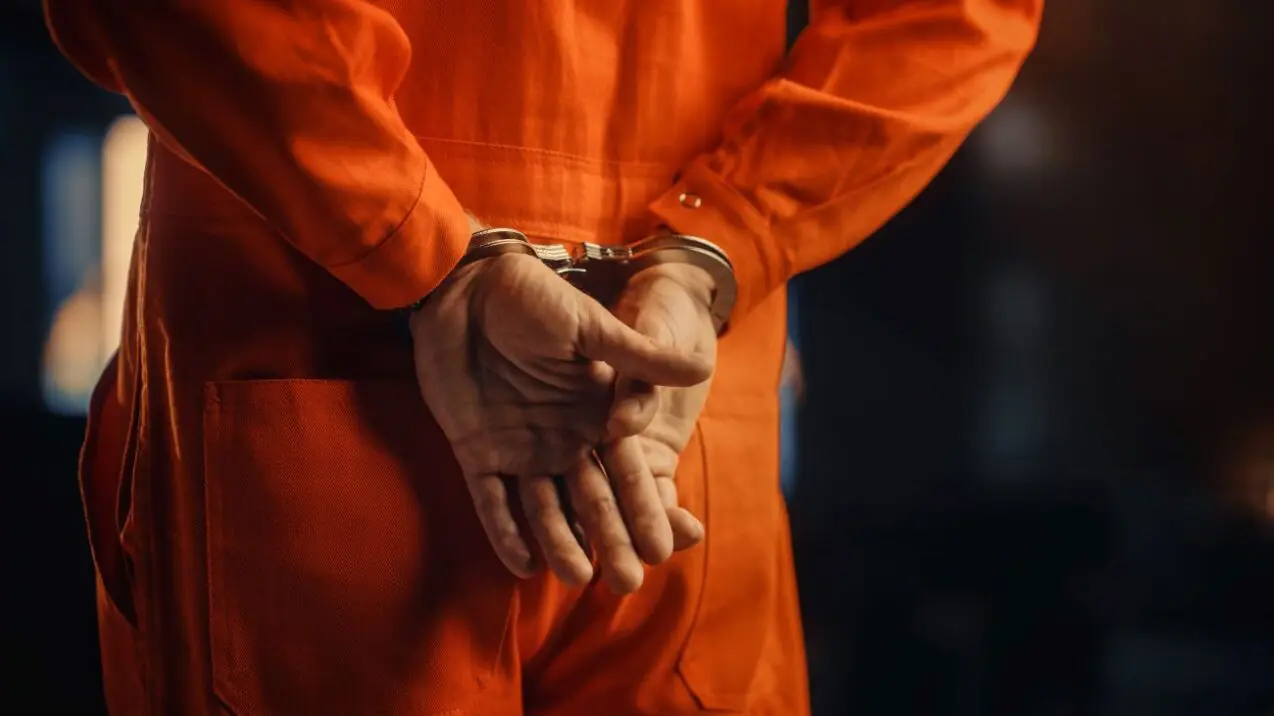 It took nearly three decades, but the tragic death of Scott Johnson, whose body was found at the base of North Head cliffs in Manly, Australia, is now understood as a crime, not a suicide. Steve Johnson, Scott’s brother, was the driving force behind this revelation, having dedicated 30 years to prove his brother was murdered.
It took nearly three decades, but the tragic death of Scott Johnson, whose body was found at the base of North Head cliffs in Manly, Australia, is now understood as a crime, not a suicide. Steve Johnson, Scott’s brother, was the driving force behind this revelation, having dedicated 30 years to prove his brother was murdered.
